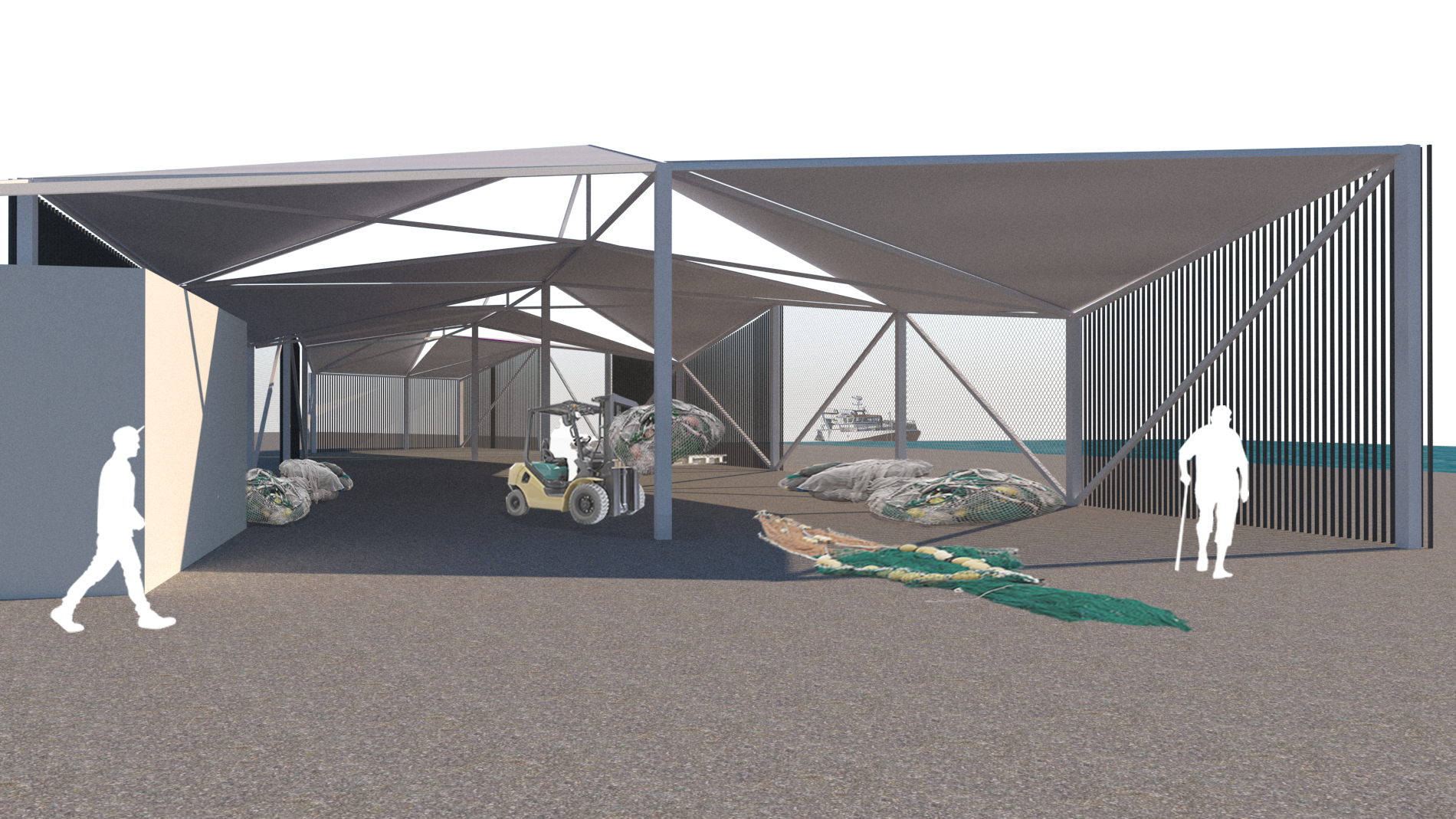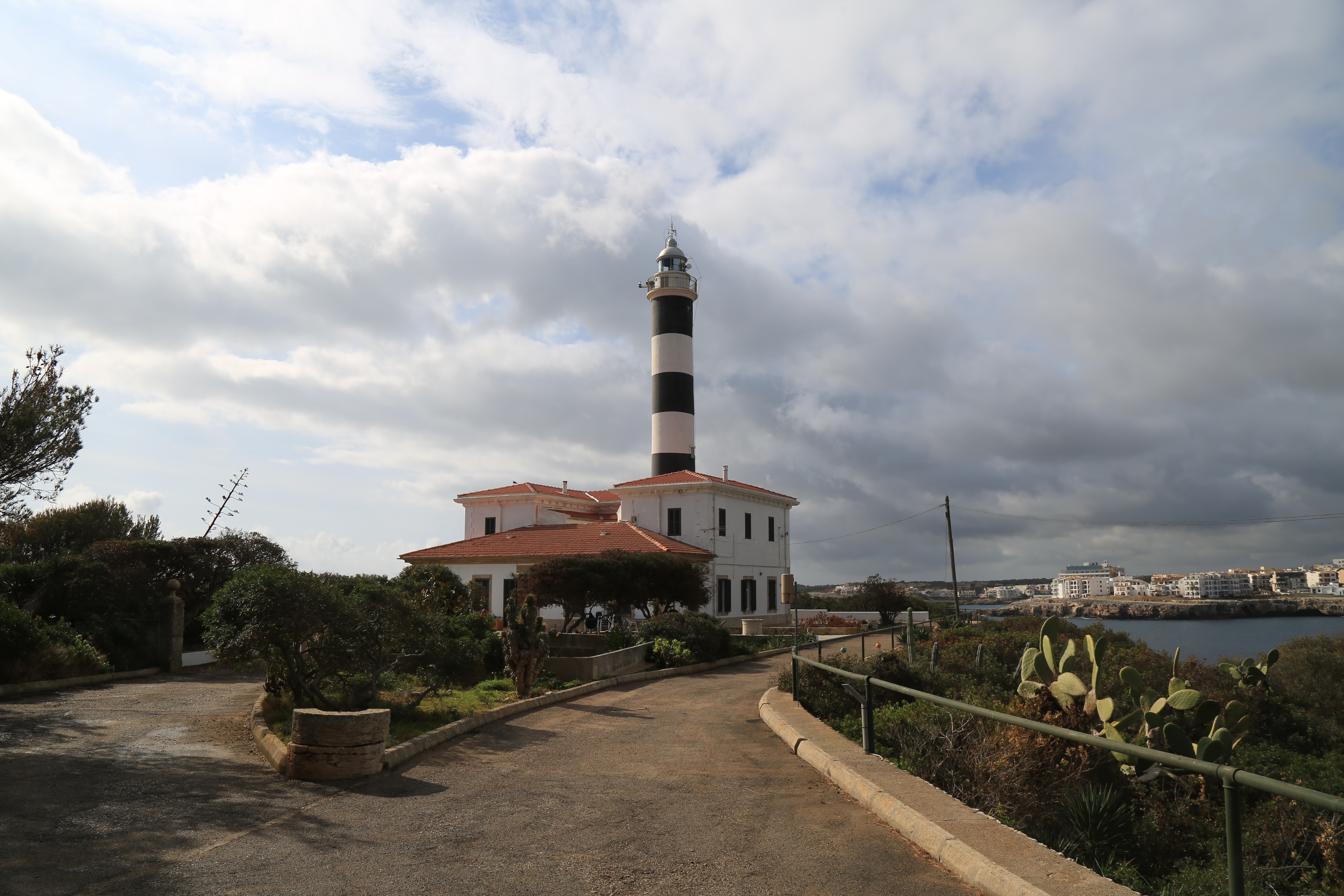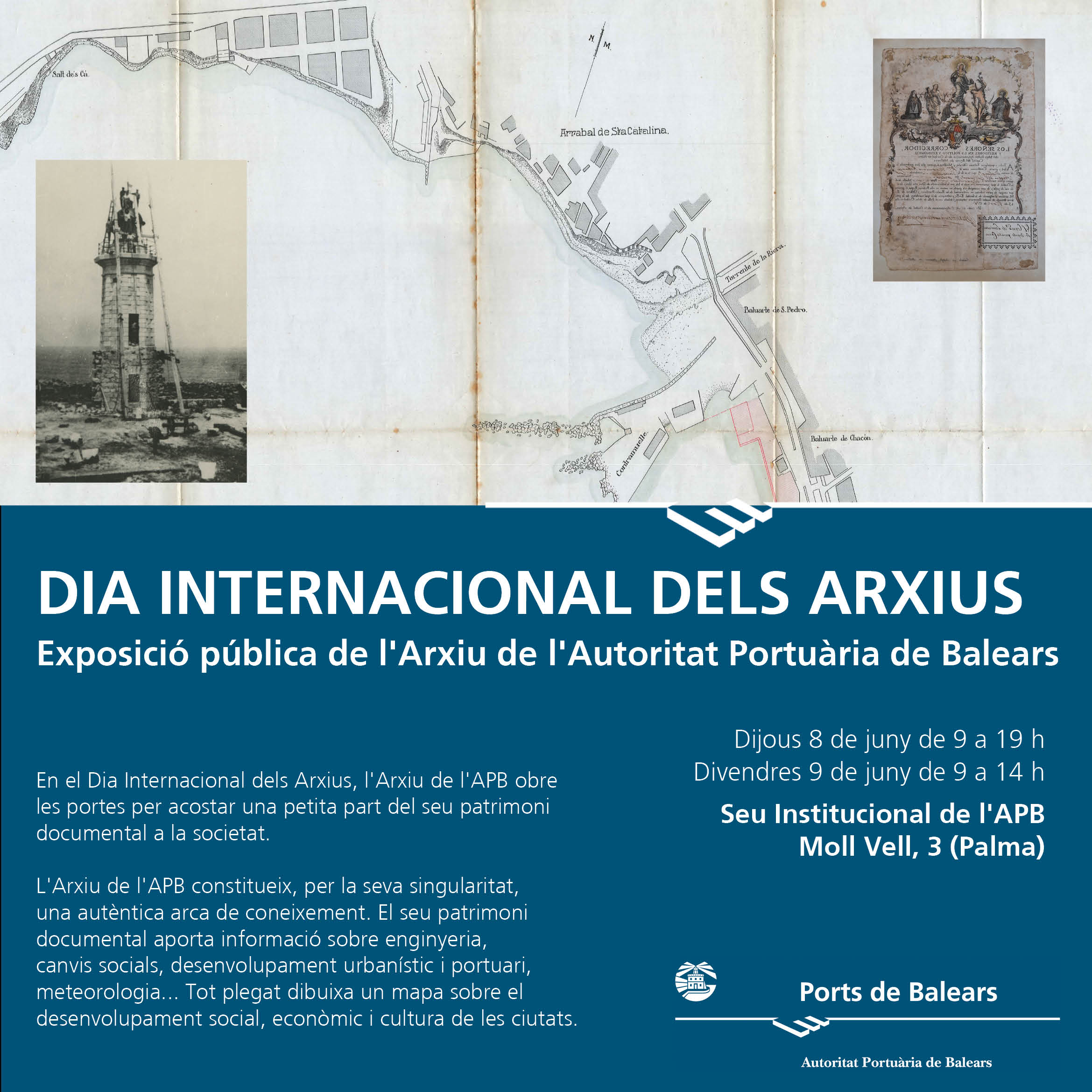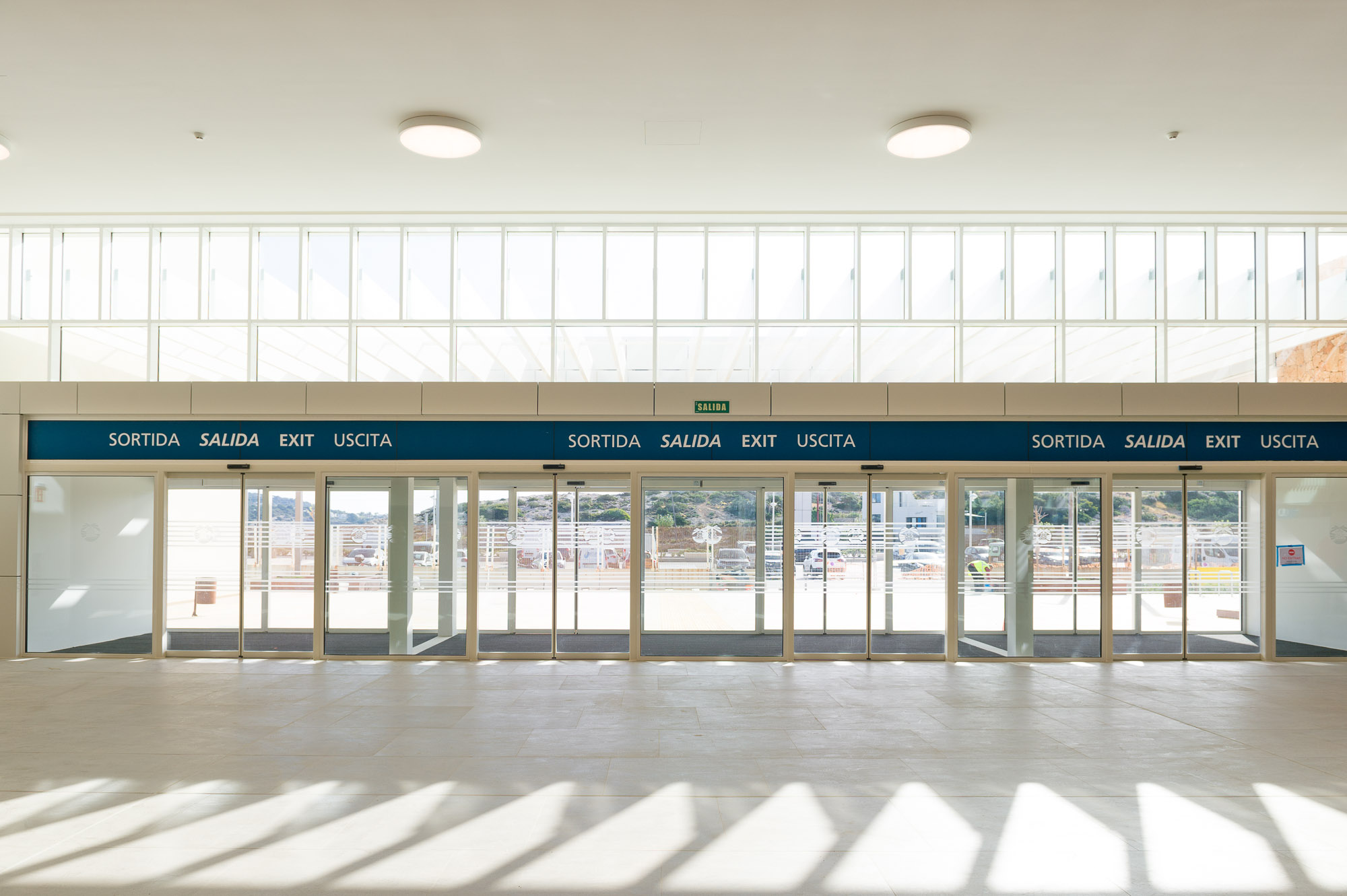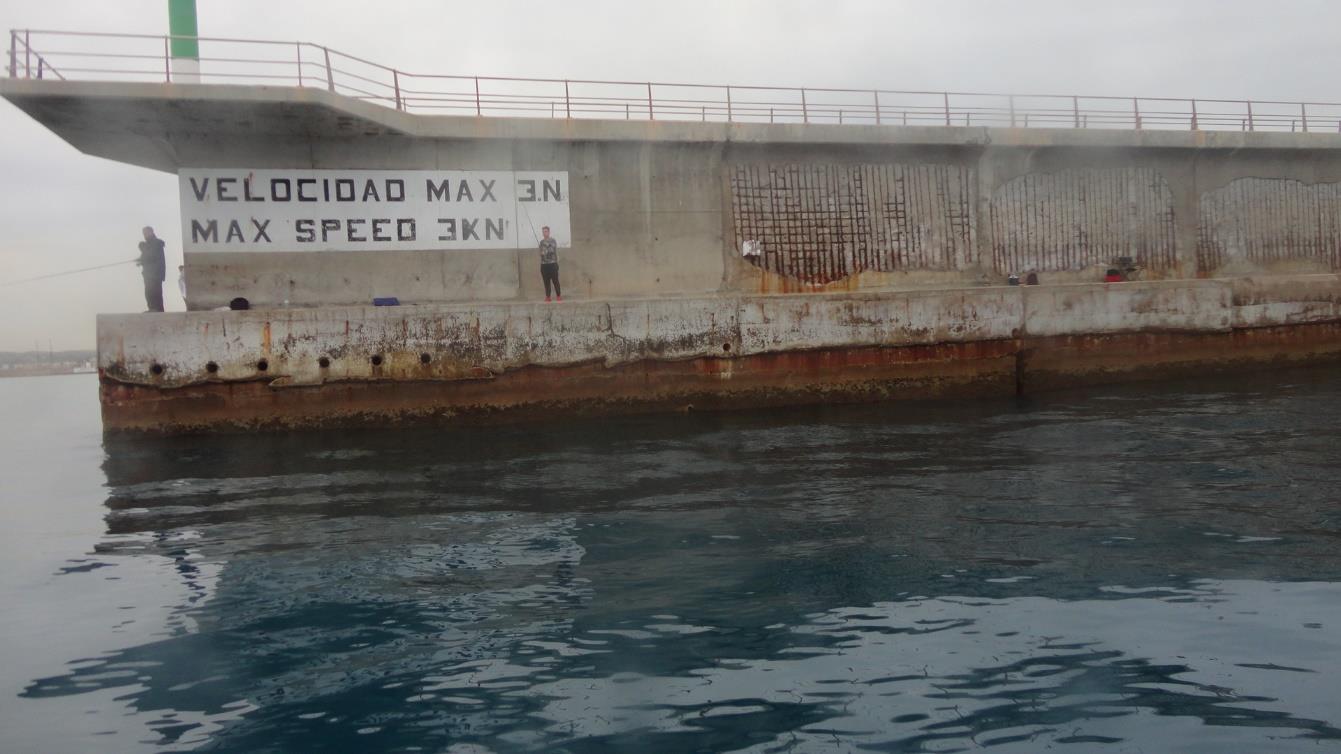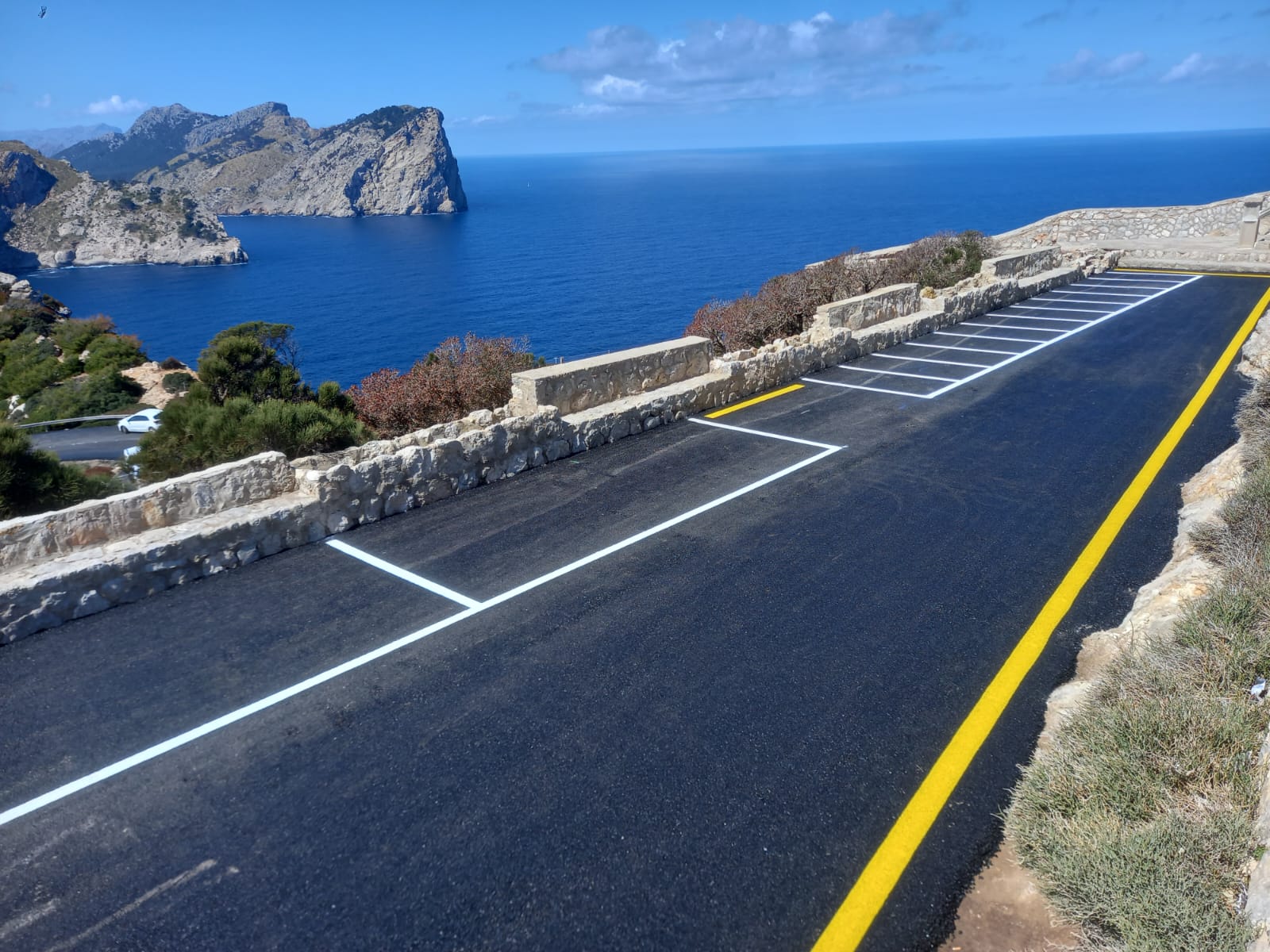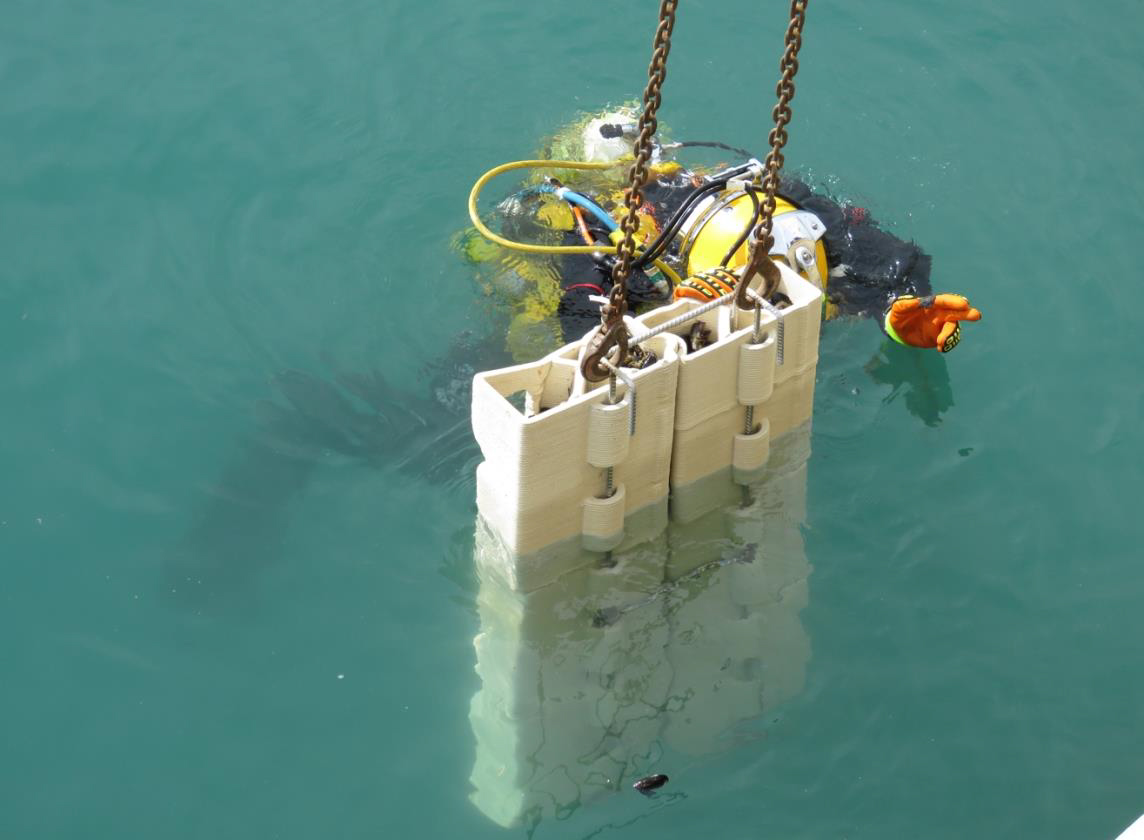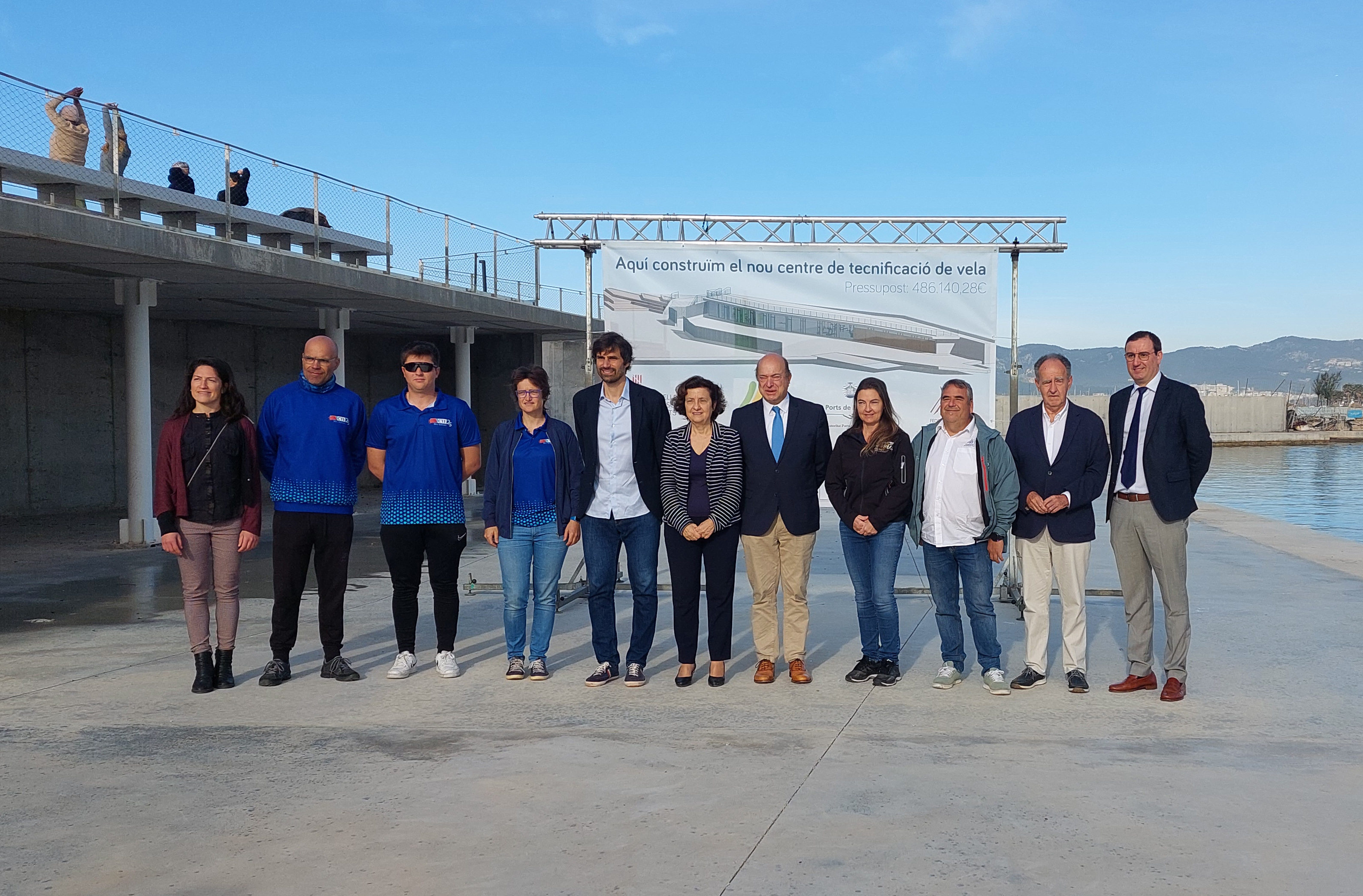The APB demands important environmental measures in the new concession of the Lonja dock in the port of Palma
08/06/2023
The Board of Directors of the Port Authority of the Balearic Islands (APB) has approved the specifications and clauses that will govern the public tender for the management of mooring places for charter boats at the Lonja dock in the port of Palma, which incorporates important mandatory environmental measures.
The purpose of this tender is to select the most advantageous solution for the granting of an administrative concession for the management and operation of mooring places for charter boats with a total surface area of 18,288.60 square metres of port public domain. Of these, 16,721.9 square metres correspond to the water mirror and 1,566.6 to land. It includes two fixed pontoons, anchoring trains, mooring elements -bollards- and the existing service turrets.
The specifications include important environmental improvements that the bidder must comply with, such as the obligatory selective removal of rubbish by installing the necessary containers (clean point). These containers must be monitored and must report the weight to the APB by means of an API. With this data, the licensee will provide the APB with information every six months on compliance with the removal of the different types of waste.
The basic project to be submitted by the bidders must be designed to minimise possible negative environmental effects from the beginning of its conception, including the selection of materials, optimisation of energy efficiency and resources, waste management, emission control and sustainable management. Therefore, in the case of interventions that require construction or demolition works, sustainable certification must be obtained for the whole cycle of the work, which will be carried out with low-impact materials. Moreover, at least 70% of construction and demolition waste should be recycled.
In addition, materials that facilitate the development of marine communities and the enhancement of biodiversity, such as regenerative facing boards to encourage the growth of flora and fauna in the area of operation, should be proposed in various areas.
Energy saving measures
The proposal for the installation of systems that minimise water consumption will also be assessed, such as automatic diffusers-blasters at the end of hoses for cleaning boats and also those for the collection, accumulation and/or generation of fresh water (mini-salinators, rainwater accumulators, etc.) that enable water consumption to be reduced.
A study of the facility’s lighting will also be mandatory, with proposals for intervention, where appropriate, so that all areas of the facility are adequately and sufficiently illuminated, using technologies that optimise energy consumption.
Whenever possible, solar panels will be installed on the car park pergolas for the production of renewable energy for consumption in the concession itself, and a sufficient number of connectors for electric boats will be guaranteed.
Exclusive for charters
The facilities covered by this tender will only provide service to Spanish vessels on list 6, as defined in Royal Decree 1027/1989, of 28 July, on flagging, registration of vessels and maritime registry, and to foreign vessels listed in the registration document as "commercial yachts", i.e. in any case to charter vessels, and the service may not be provided to any other registered in a different category.
The maximum duration of the concession will be ten years, according to investment needs. The annual amount of the occupancy rate will be 269,339.53euros. In accordance with Articles 187 and 188 of the State Ports Law, the activity fee will be 4% of the turnover.
